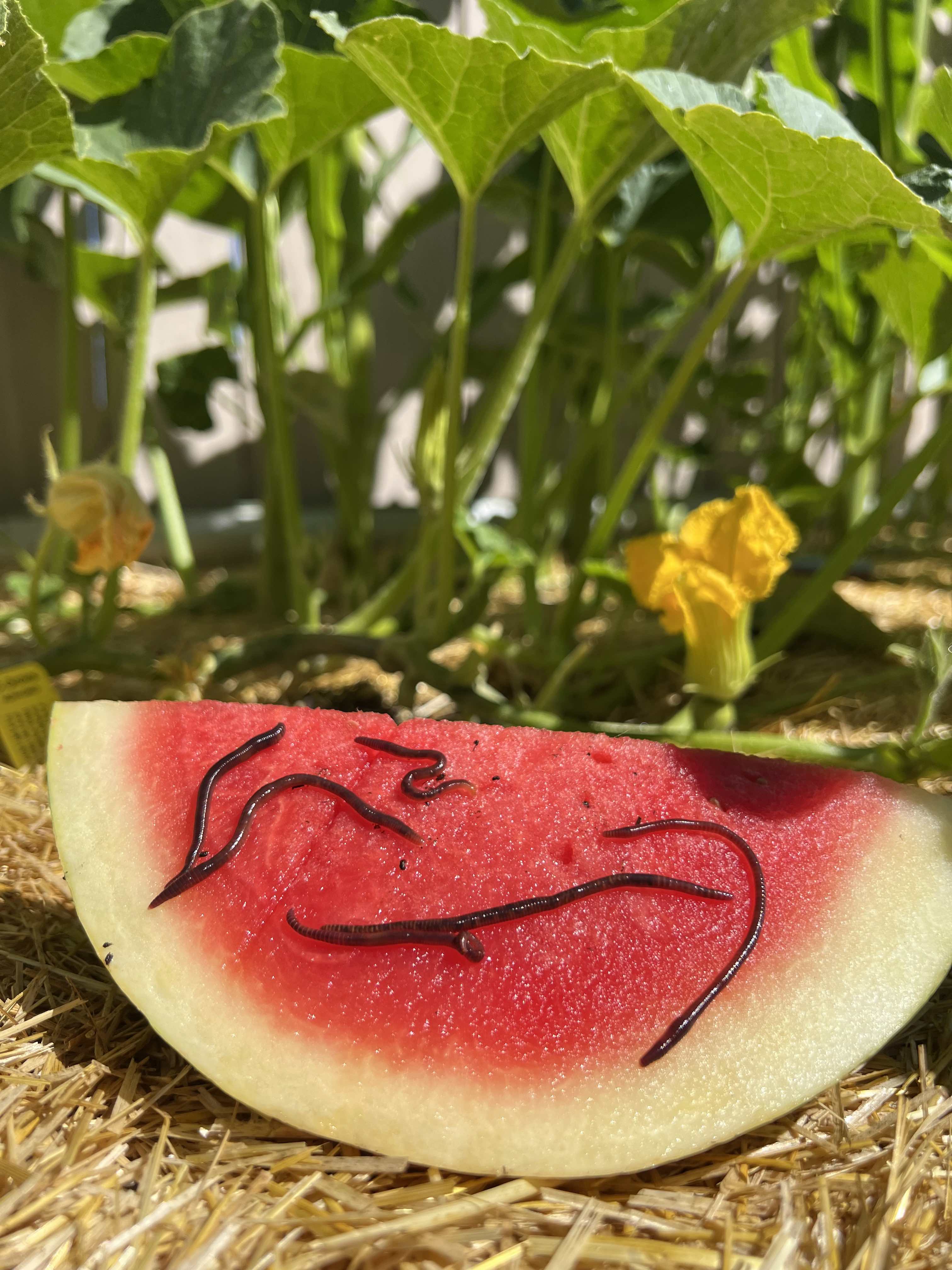Red Wiggler Express Fundamentals Explained
Red Wiggler Express Fundamentals Explained
Blog Article
3 Simple Techniques For Red Wiggler Express
Table of ContentsMore About Red Wiggler ExpressRed Wiggler Express - An Overview9 Easy Facts About Red Wiggler Express ShownSee This Report on Red Wiggler ExpressNot known Factual Statements About Red Wiggler Express
It's secure to say this things would have been fantastic to include as a to vermicomposting systems! And the flourishing Red Worm population? It just never ever took place. Also in the stack that was established directly in front of backyard composters with existing Red Worm nests. Yet these nutritionally-boosted wood chip habitats are absolutely filled with Lumbricus sp.
Many ranges, consisting of Red Wigglers, European Nightcrawlers, and Lumbricus types were brought over from the European continent. Yet below's the thingNative or otherwise - and as skilled as they are at having the ability to endure in a wide-range of atmospheres and problems -. Simply put, they are much more most likely to socialize in any kind of active composting systems you have established, than they are to stroll off and begin messing up the atmosphere.
Roots require oxygen for respiration and rely upon smooth air movement within the soil to flourish. However, when it rainfalls, soil can end up being saturated with water, reducing the oxygen readily available and preventing nutrition absorption - Red Wigglers For Bait. To keep an ideal equilibrium, the soil must permit water to drain sufficiently, leaving enough room for air to sustain root wellness
Not known Factual Statements About Red Wiggler Express

When it involves worms for composting, what comes to mind? If you were an earthworm dog breeder, dealership, or ordinary garden enthusiast, then you would certainly recognize that red wiggler worms are the ideal worms for vermicomposting. To find out more regarding these planet wonders, read via several of the red worm truths below.
(https://www.facebook-list.com/Red-Wiggler-Express_402806.html)If they stretch their bodies, you'll be able to see the stripes on their skin. When raising worms such as red wiggler worms, you must be able to recognize exactly how to make good usage of them. When you're able to keep and take care of their environment well, and also feed them the right sort of organic wastes, after that they'll have the ability to produce nutrient-packed and quality-rich worm castings for you (additionally understood as worm poop or garden compost).
The 9-Minute Rule for Red Wiggler Express
What do worms eat? Well, these red wriggler worms can be fed with kitchen area scraps and garden wastes.

This behavior makes them appropriate for life in worm containers, compost heap, and various other constrained spaces where organic waste is plentiful. Developing an optimal environment for red wigglers needs a thoughtful strategy. Consider the complying with crucial elements to take care of red wigglers in your home and guarantee their health: Use a bedding of shredded newspaper or cardboard.

Red wiggler worms replicate by laying tiny, lemon-shaped eggs in safety cocoons. These cocoons are normally deposited in the bed linen and hatch into baby worms within a couple of weeks.
The Best Guide To Red Wiggler Express
Their versatility and resilience have actually made them a prominent choice for vermicomposting in different regions worldwide. Yes! They can make it through from a variety of 32F to 90F. They are incredibly adaptable pests. Take into consideration protective measures for very severe temperatures such as: Shielding the worm bin with layers of straw or leaves.

When taking treatment of your red wigglers it is essential to keep in mind to: 1) K.I.S.S (Maintain it Simple) and 2) whatever in small amounts. These regulations put on feeding your garden compost worms, watering your worm bins, and nearly everything else associated with caring for them. Simply remember - you can constantly add even more food later (yet it's difficult to get rid of feed once it's been included in a bin!).
Because I fed the red wigglers and compost worms as well a lot, they weren't able to keep up and over time the older food went uneaten and produced anaerobic problems that eliminated the worms. Here're the 6 golden regulations for how commonly and just how much to feed your worms: Rule # 1: Moderation!
The Ultimate Guide To Red Wiggler Express
Uneaten food will result in anaerobic conditions that will certainly eliminate your real-time worms. It is ok to sprinkle a little of their initial bed linens (which needs to currently remain in the container) over the food, however the food must never be buried and need to show up to your eye. Policy # 5: See policy # 1! Policy # 6: After the very first feeding, feed the worms 1/3 to 1/2 of their weight.
Report this page